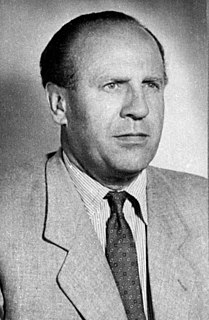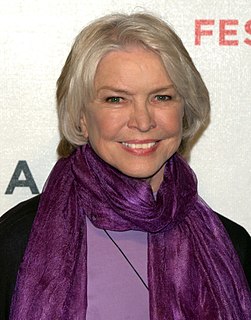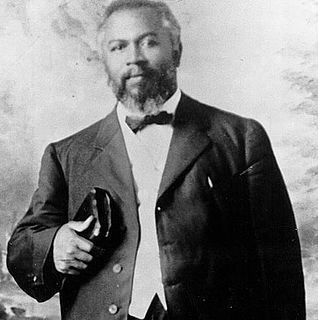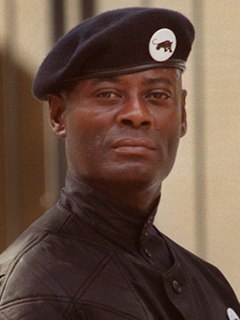A Quote by Thomas Keneally
Power is when we have every justification to kill, and we don't.
Quote Topics
Related Quotes
I'm afraid that in the United States of America today the prevailing doctrine of justification is not justification by faith alone. It is not even justification by good works or by a combination of faith and works. The prevailing notion of justification in our culture today is justification by death. All one has to do to be received into the everlasting arms of God is to die.
you can't kill love. you can't even kill it with hate. you can kill in-love, and loving, and even loveliness. you can kill them all, or numb them into dense, leaden regret, but you can't kill love itself. love is the passionate search for a truth other than your own; and once you feel it, honestly and completely, love is forever. every act of love, every moment of the heart reaching out, is a part of the universal good: it's a part of God, or what we call God, and it can never die.
Justification and sanctification are both God's work, and while they can and must be distinguished, the Bible won't let us separate them. Both are gifts of our union with Christ, and within this double-blessing, justification is the root of sanctification and sanctification is the fruit of justification.
There was no doubt now in Ender's mind. There was no help for him. Whatever he faced, now and forever, no one would save him from it. Peter might be scum, but Peter had been right, always right; the power to cause pain is the only power that matters, the power to kill and destroy, because if you can't kill then you are always subject to those who can, and nothing and no one will ever save you.
Every account of a higher power that I've seen described, of all religions that I've seen, include many statements with regard to the benevolence of that power. When I look at the universe and all the ways the universe wants to kill us, I find it hard to reconcile that with statements of beneficence.
Want of imagination makes things unreal enough to be destroyed. By imagination I mean knowledge and love. I mean compassion. People of power kill children, the old send the young to die, because they have no imagination. They have power. Can you have power and imagination at the same time? Can you kill people you don’t know and have compassion for them at the same time?






































